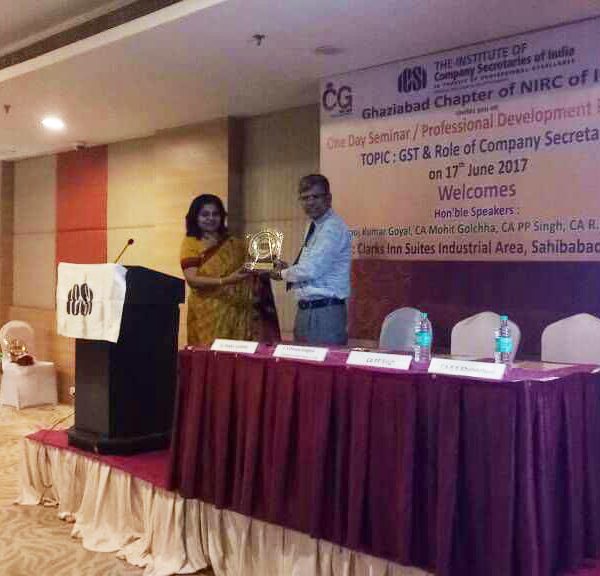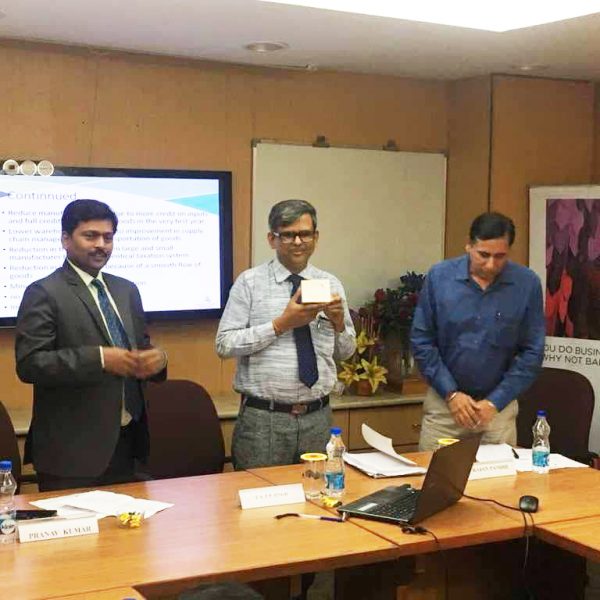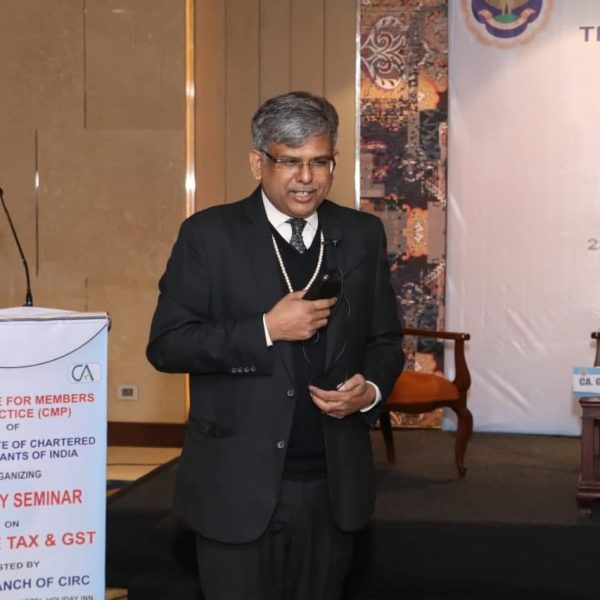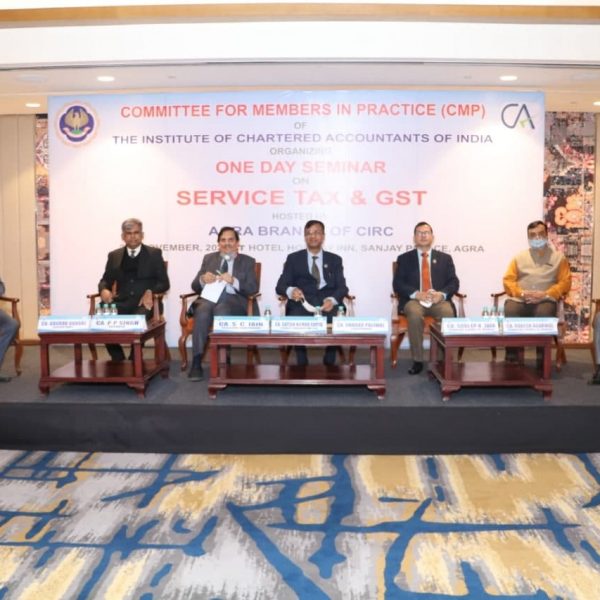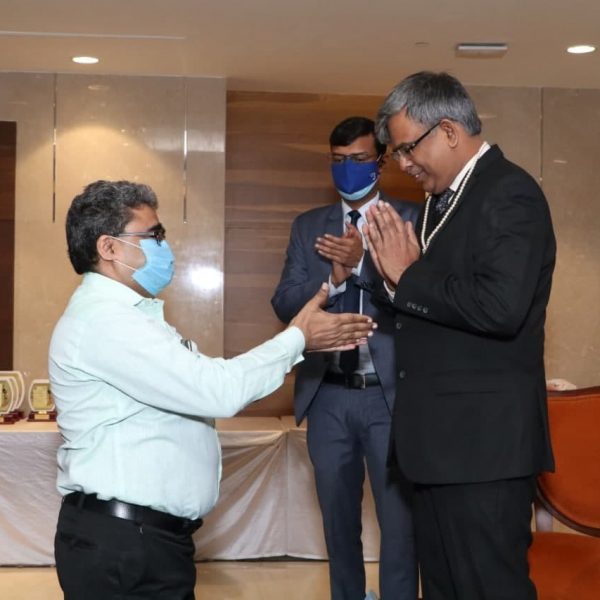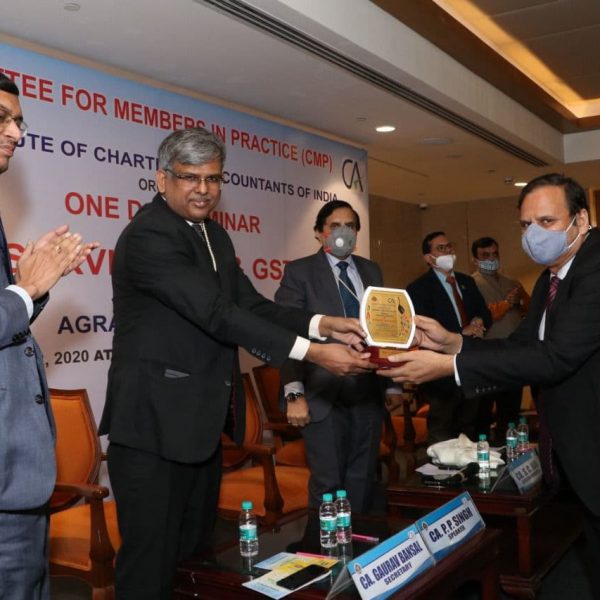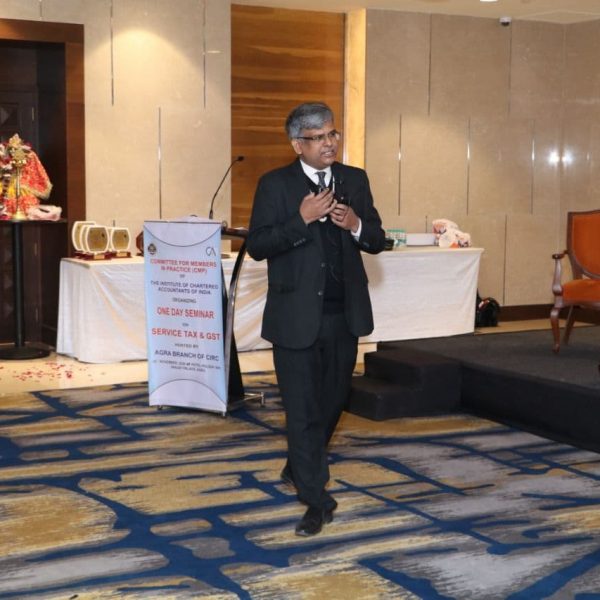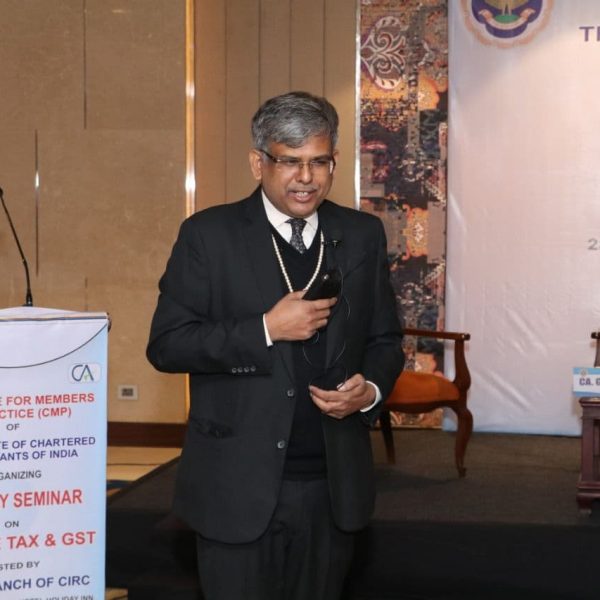Introduction:
The Constitution of India( hereinafter mentioned as COI) is the supreme law of the land for India which lays down various fundamental rights in part -III of the constitution of India for the protection of the fundamental rights or other rights of the people and imposed duties upon the state to protect such rights. The honorable supreme court is the custodian, guardian, and protector of the fundamental rights guaranteed to an individual and other legal persons. The right of WRITS is one such right available to a person whose fundamental rights or other rights are violated. The provisions of the Indian constitution are constitutional provisions thus Supreme Court or High Court has independent authority over the matters in which writs are to be issued. The concept of the writs is to enable the immediate determination of the rights of an individual and help the person to achieve the benefit of his right.
The supreme court under Article 32 and the high court under Article 226 have the power to issue writs of this nature. Though under Article 32 the supreme courts may issue the writs if there is any violation of the fundamental rights of a person, but the High Court under Article 226 has a wider jurisdiction to issue any of the writs for violation of the legal rights or fundamental rights.
Article 32 of the COI:
Remedies for enforcement of rights conferred by Part III of COI.
- (1) The right to move the Supreme Court by appropriate proceedings for the enforcement of the rights conferred by this Part is guaranteed.
(2) The Supreme Court shall have the power to issue directions or orders or writs, including writs in the nature of habeas corpus, mandamus, prohibition, quo warranto, and certiorari, whichever may be appropriate, for the enforcement of any of the rights conferred by this Part.
(3) Without prejudice to the powers conferred on the Supreme Court by clauses (1) and (2), Parliament may by law empower any other court to exercise within the local limits of its jurisdiction all or any of the powers exercisable by the Supreme Court under clause (2).
(4) The right guaranteed by this article shall not be suspended except as otherwise provided for by this Constitution.
Sine qua none is a violation of a fundamental right for a writ from SC: The jurisdiction conferred on the Supreme Court under Article 32 is an important and integral part of the Indian Constitution but a violation of a fundamental right is the sine qua non for seeking enforcement of those rights by the Supreme Court. Hindi Hitrakshak Samiti v. Union of India, AIR 1990 SC 851, (1990) 2 SCC 352.
The power of judicial review is an integral and essential feature of COI: The power of judicial review over legislative action vested in the High Courts under Article 226 and the Supreme Court under Article 32 of the Constitution is an integral and essential feature of the Constitution, constituting part of its basic structure. L. Chandra Kumar v. Union of India, AIR 1997 SC 1125, (1997) 3 SCC 261. This case was related to restricting the power of the High Court of Judicial Review to the orders of Administrative or other tribunals constituted under articles 323 A and 320 B.
The jurisdiction of the Supreme Court under Article 32 of the Constitution cannot be invoked to challenge the validity of a final judgment/order passed by the Supreme Court after exhausting the remedy of review under Article 137 of the Constitution read with Order XL Rule 1 of the Supreme Court Rules, 1966. Rupa Ashok Hurra v. Ashok Hurra, (2002) 4 SCC 388, AIR 2002 SC 1771.
Fundamental rights Vs. DPSP: Fundamental rights are justifiable, but Directive Principles are not so Directive Principles of state policy cannot be enforced by writ under Article 32. B. Krishna Bhat v. Union of India, (1990) 3 SCC 65, (1990) 2 SCR 1.
Who can approach court? Any person complaining of an infraction of any fundamental right guaranteed by the Constitution is at liberty to move Supreme Court but the rights that could be invoked under Article 32 must ordinarily be the rights of the petitioner himself who complains of the infraction of such right and approaches the Court for relief and the proper subject for investigation would however be as to the nature of the rights that are stated to have been infringed. Narinderjit Singh Sahni v. Union of India, AIR 2001 SC 3810, (2002) 2 SCC 210.
Against whom writs could be issued? There are certain fundamental rights conferred by the Constitution which are enforceable against the state only whereas certain fundamental rights are enforceable against state or any private person and they are to be found inter alia in Articles 17, 21, 23, and 24. The court can make appropriate orders against the violation of such rights by private individuals also. People’s Union For Civil Rights v. Union of India, AIR 1982 SC 1473, (1982) 3 SCC 235; Vishaka v. State of Rajasthan, AIR 1997 SC 3011, (1997) 6 SCC 241.
Locus standi could be relaxed:
In the case of PIL, Locus standi must be liberalised to meet the challenges of the times. Ubi just ibi remedium must be enlarged to embrace all the interests of public-minded citizens or organisations with serious concern for the conservation of public resources and the direction and correction of public power so as to promote justice in its triune facets. Fertilizer Corporation Kamgar Union v. Union of India, AIR 1981 SC 344, (1981) 1 SCC 568.
A person acting bona fide and having sufficient interest in the proceeding of public interest litigation will alone have a locus standi and can approach the Court to wipe out violation of fundamental rights and genuine infraction of statutory provisions, but not for personal gain or private profit or political motive or any oblique consideration. Ashok Kumar Pandey v. State of West Bengal, AIR 2004 SC 280, (2004) 3 SCC 349.
Emergency and fundamental rights:
As per Article 359. (1) Where a Proclamation of Emergency is in operation, the President may by order declare that the right to move any court for the enforcement of such of the rights conferred by Part III (except articles 20 and 21)] as may be mentioned in the order and all proceedings pending in any court for the enforcement of the rights so mentioned shall remain suspended for the period during which the Proclamation is in force or for such shorter period as may be specified in the order.
In other words, even during the Emergency declared, fundamental rights of articles 20( 1. ex post facto laws 2. double jeopardy. 3. Self-incrimination) and 21(Protection of life and personal liberty) could not be suspended.
The suspension of Article 19 is complete during the period in question and legislative and executive action which contravenes Article 19 cannot be questioned even after the emergency is over. Attorney General for India v. Amratlal Prajivandas, AIR 1994 SC 2179, (1994) 5 SCC 54/ Makhan Singh v. State of Punjab, AIR 1964 SC 381, (1964) 4 SCR 797.
Limitations – when writ could not be issued? It is not proper for the Supreme Court to give directions for initiating a Central Bureau of Investigation (CBI) investigation under its writ jurisdiction. It is only on the exhaustion of ordinary remedies that perhaps a proceeding can be brought before a writ court. Kunga Nima Lepcha v. State of Sikkim, AIR 2010 SC 1671.
Types of writs: There are five types of writs in our constitution such as:
- Writ of habeas corpus: Habeas corpus is the Latin term that means “show me the body.”’. It is the order issued by the court to present the detenu before the court and to check whether the arrest was lawful or not.
- Writ of Mandamus: The writ of mandamus is the order or command issued to perform any public duty to any person, corporation, or any other authority in order
- Writ of prohibition: The writ of prohibition is a writ issued by the Supreme Court or High Court to its subordinate authority in order to stop something which the law prohibits. This writ can only be issued against a judicial and quasi-judicial body.
- Writ of certiorari: such writs are issued as an order of a superior court particularly the Supreme Court or High Court directing that a record of proceedings in a lower court be sent up to a higher court being Supreme Court or High Court for review. This writ is issued by the higher court to review the actions of the lower court.
- Writ of quo warranto: Writ of quo warranto means “by what authority an office or franchise is held, claimed, or order exercised.”. This writ is issued which requires a person to show by what authority he has exercised his powers or rights.
Difference between the writ of prohibition and certiorari:
The writ of prohibition and the writ of certiorari is issued against those who have the authority to act as a judge. It controls and keeps check by the superior court (HC/SC) over the court proceedings of the judicial or quasi-judicial body. These writs do not provide a remedy against any private body but only against any statutory body.
writ of prohibition is issued when a subordinate court takes up a matter which is out of its power or jurisdiction, so in this case, a writ is issued to the court to stop its proceedings i.e., when a case is still pending in the court, whereas, the writ of certiorari is issued when a subordinate court has delivered a decision which is out of their judicial power i.e. when a case has been already decided, on the issuance of the such writ the court has to hand over the files and all other related documents of the case to the higher court. In some situations, the petition for both of the writs can also be filed. For instance, a subordinate court has received a matter which is out of their judicial power so in this case if they receive an order of prohibition from the high court they have to immediately stop the proceeding further but if the petitioner fails to approach the high court for issue of the writ of prohibition then still remedy left with is the writ of certiorari where even after the decision is being delivered by the inferior court, this writ will revoke the subordinate court’s verdict and the matter will be then shifted to the high court or the supreme court.

